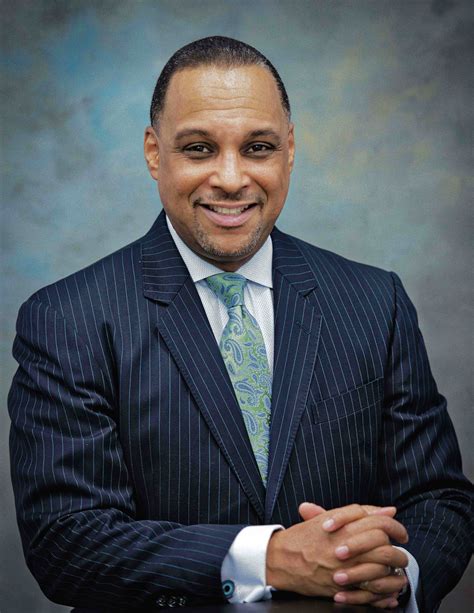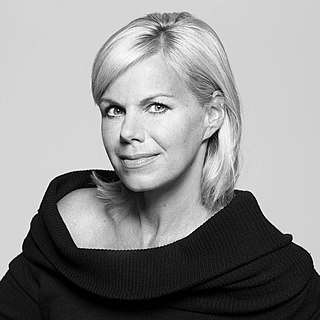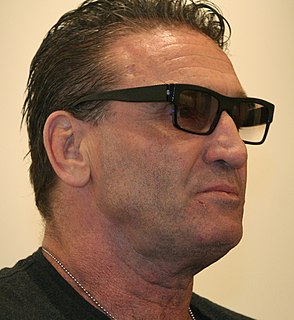A Quote by Doug Fields
As an advocate for kids for over twenty years, I have watched things change since I was in school. Thankfully, this book made me face what I intuitively knew was real but pretended wasn't: The youth of our culture have been deeply wounded by our collective neglect and adult-driven self-focus. Young people need adults to understand what they are going through and people to care about them without a personal agenda. This book was very helpful to me, and my attitude toward teens will never be the same.
Quote Topics
About
Adult
Adults
Advocate
Agenda
Attitude
Been
Book
Care
Change
Collective
Culture
Deeply
Driven
Face
Focus
Going
Helpful
Kids
Knew
Made
Me
My Attitude
Need
Neglect
Never
Our
Over
People
Personal
Real
Same
School
Self
Since
Teens
Thankfully
Them
Things
Things Change
Through
Toward
Twenty
Understand
Very
Watched
Will
Without
Wounded
Years
Young
Young People
Youth
Related Quotes
Our environment, the world in which we live and work, is a mirror of our attitude and expectations. If we feel that our environment could stand some improvement, we can bring about that change for the better by improving our attitude. The world plays no favorites. It's impersonal. It doesn't care who succeeds and who fails. Nor does it care if we change. Our attitude toward life doesn't affect the world and the people in it nearly as much as it affects us.
I really feel concerned about young people within our present culture. Our present culture, we have to change. Change is inevitable and I wasn't raised in our present culture but it has great pressure that as a young person I never had. Material pressure, social pressure, visual pressure, how you look, and I just try to appeal to young people to think for themselves, to be their own person, and to ask questions and also be very attentive to our planet and our environment.
I have never lied to the people. I have always told them to love themselves, to move their body, and to watch their portions. I never jumped on any other bandwagons for stupid diets or shots or pills or anything. I'm very worried about our young people. And we need to take care of them, or they're not going to live as long as their parents. And this is really something very important to me.
Now, almost twenty years since my last job in book publishing, I know that there are far more socially inept people in book than in magazine publishing. At the time, however, I just didn't feel I was enough: smart enough, savvy enough, well read enough, educated enough, charming enough. Much of this was probably because I was very naive, and didn't really know how to behave in an office. This made me a terrible assistant, which in turn made me a terrible junior book editor.
Along the way, about certain things, you realize, "I don't know anything about this." You think, "Is this going to sound ridiculous?" So I pestered more than a hundred different people over the course of the book. And when I finished the book I gave it to six or seven trusted readers, who are always the same, but I also gave it to a brother of mine who's a doctor and I asked him to read it, and he was very helpful. It's good to have a group of trusted readers. As my kids have grown up, they've joined this group.
The young adult literature is relatively new - it just kind of exploded in the 2000s. When I grew up, there weren't bookstores with sections dedicated to teen lit, nor was my generation raised reading books written specifically for us. Because of that, today we still think of books for teens as children's books and so when you write a book that includes sensitive topics, it just seems even more controversial. What's troubling to me about that is these are issues adults know that teens deal with. Not writing about them makes them something we don't, or can't talk about.
I'm gonna write a book. I'm going to explain over the past 30 years of my life of things that I endured and what I went through. And when I do, I promise you with everything that I am that people will not believe me. But I have factual proof of everything that has happened to me, and I have been able to overcome.
For me, a lot of Discipline was very personal writing, like writing through and working out being inside this gendered body and also the compulsions of the body, the muting of the mind as driven by the body. My father had died some years ago so he haunts the book too, just floats through it ghost-like. But, the writing of every book is different for me. They are so like living creatures, these books, so I don't know what's carried over into the writing of the next things - except maybe that I'm best when I make my writing practice a routine.



































